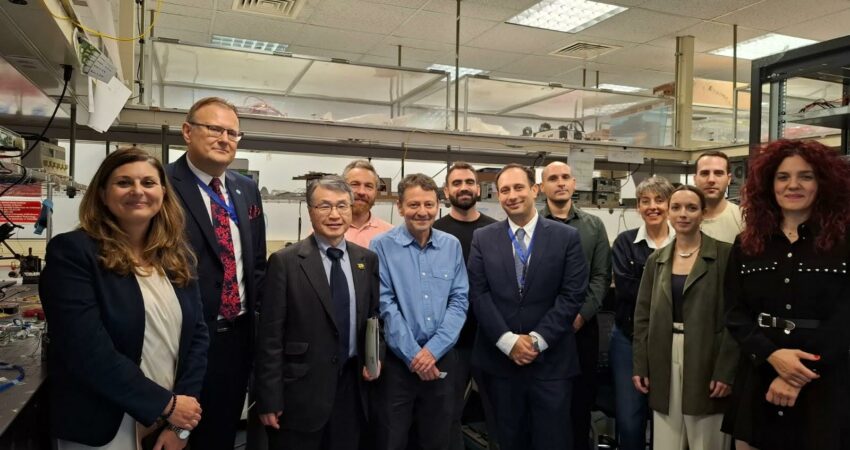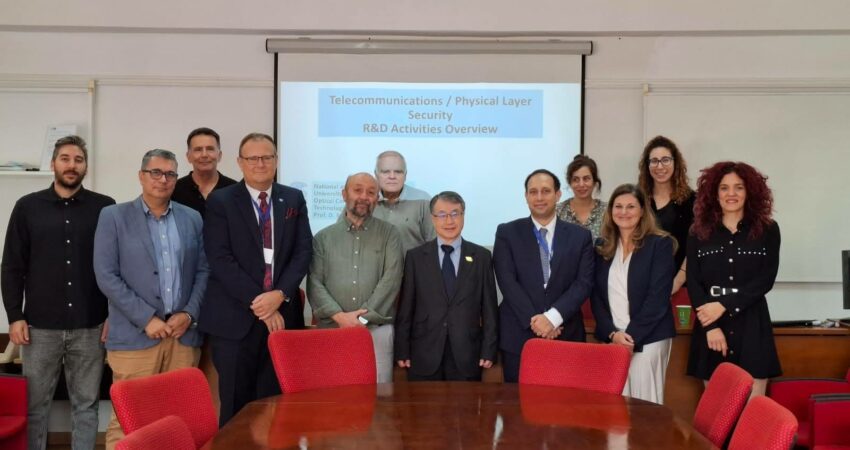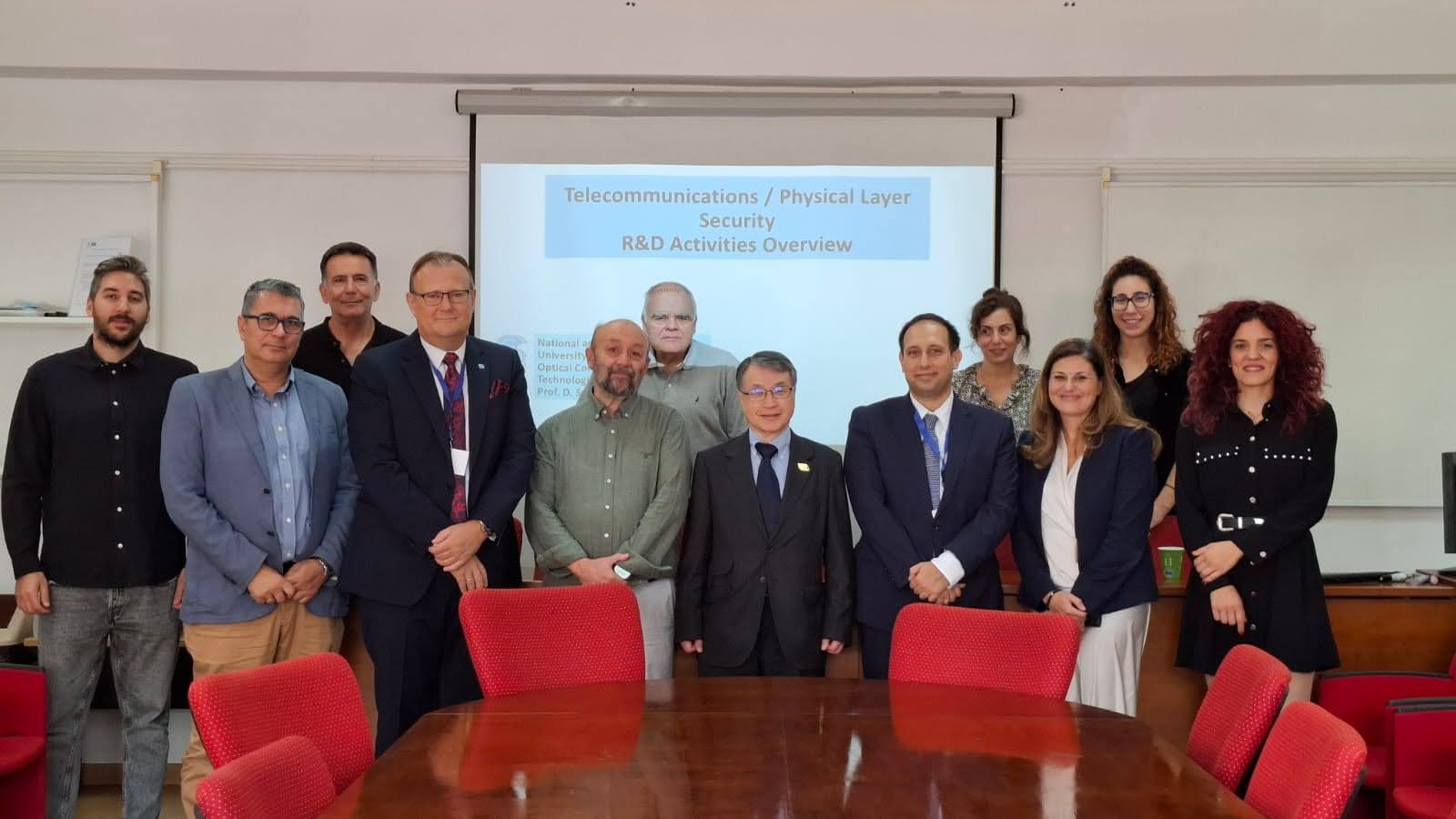HellasQCI, coordinated by GRNET under the guidance of the Ministry of Digital Governance and Artificial Intelligence and with the support of the General Secretariat of Telecommunications and Posts, had the opportunity to introduce to high-level ITU’s officials the work deployed under the project and Greece’s active role in advancing secure quantum communication infrastructure.
From 29 September to 3 October 2025, Greece hosted the European Conference of Postal and Telecommunications Administrations (CEPT), reaffirming the country’s active role in shaping the European and international agenda in telecommunications and digital governance. At the opening session, Minister of Digital Governance and Artificial Intelligence Dimitris Papastergiou highlighted the strategic importance of the event for Greece and Europe. Deputy Minister of Digital Governance and AI Christos Dermendzopoulos also addressed the Com-ITU Plenary, outlining Greece’s priorities in international cooperation, innovation, and cybersecurity.
The conference welcomed high-level officials from the International Telecommunication Union (ITU), including Mr. Seizo Onoe, Director of the Telecommunication Standardization Bureau (TSB); Ms. Cristina Bueti, ITU’s Focal Point for Smart Sustainable Cities and AI-driven Virtual Worlds; and Mr. Jaroslaw K. Ponder, Head of the ITU Office for Europe. Their presence underscored the international significance of the event. The CEPT meeting also served as an opportunity to highlight Greece’s strategic investments in critical digital infrastructures, such as the Ultra–Fast Broadband program, submarine cable development, and the National Small Satellites Program. In parallel, the DAEDALUS supercomputer and the Pharos AI Factory showcased advances in artificial intelligence and language technologies, while the HellasQCI national quantum communication infrastructure was presented as a key example of safeguarding critical assets and protecting sensitive data.
On the sidelines of the CEPT Conference, Mr. Seizo Onoe, Ms. Cristina Bueti, and Mr. Jaroslaw Ponder visited the Department of Informatics and Telecommunications of NKUA and the Photonics Communications Research Laboratory of NTUA, within the framework of the HellasQCI project. During the visits, they were introduced to advanced terrestrial and space telecommunication equipment, as well as elements of the national quantum communication infrastructure HellasQCI, developed under the pan-European EuroQCI initiative. The HellasQCI project is coordinated by the National Infrastructures for Research and Technology (GRNET) under the guidance of the Ministry of Digital Governance and Artificial Intelligence and the General Secretariat of Telecommunications and Post.
The visits were hosted by Prof. Dimitris Syvridis (NKUA) and Prof. Hercules Avramopoulos (NTUA), accompanied by Assistant Professor Dimitris Katsianis, Deputy Chairman of GRNET, and Dr. Ilias Papastamatiou, Senior Project Manager at GRNET and Coordinator of HellasQCI. The visits were also organised by Ms. Sophia Papathanasopoulou, with the support of Secretary General Mr. Konstantinos Karantzalos, who held a bilateral meeting with ITU TSB Director Mr. Seizo Onoe upon his arrival in Athens.
By hosting CEPT in Athens, Greece was positioned as a hub of cooperation and innovation in Southeastern Europe, reaffirming its leading role in shaping a digital future that is innovative, secure, and inclusive, with the HellasQCI project standing as a key example of this strategic trajectory.



